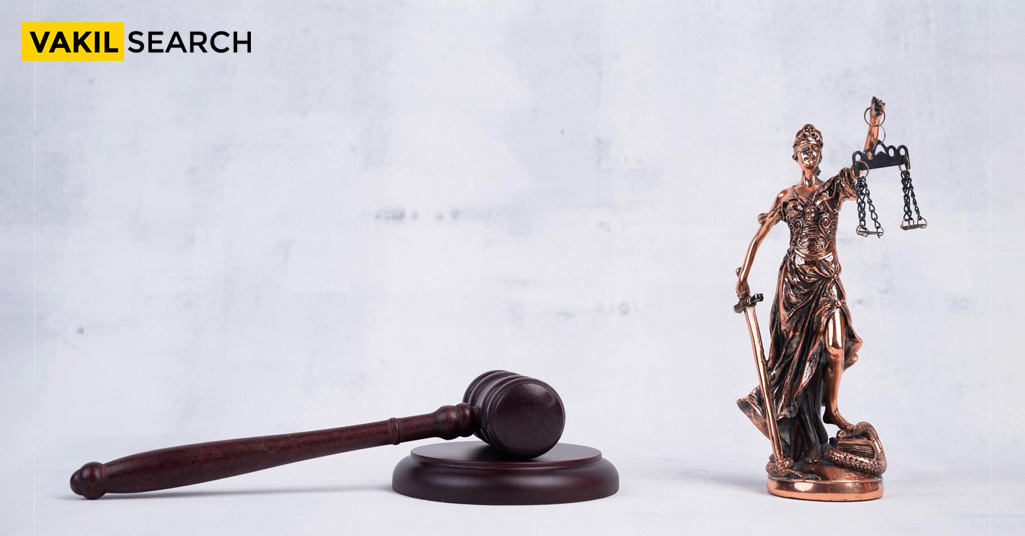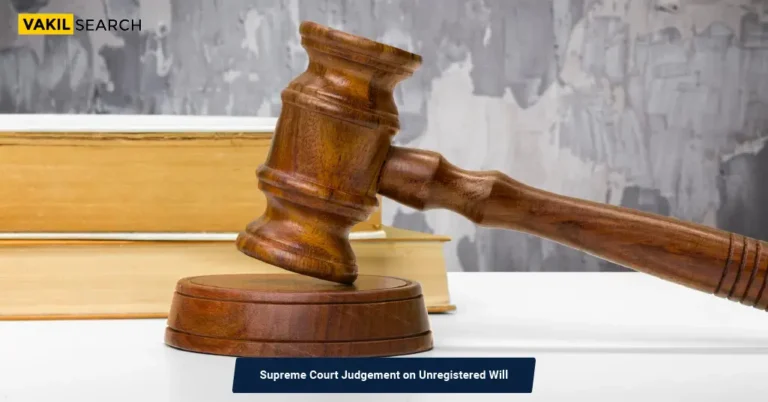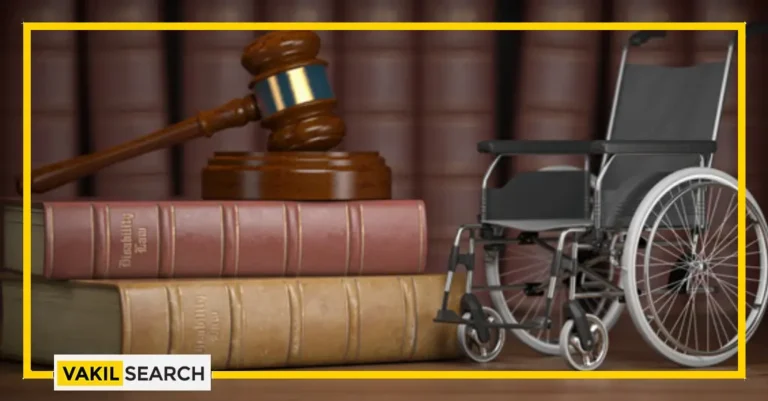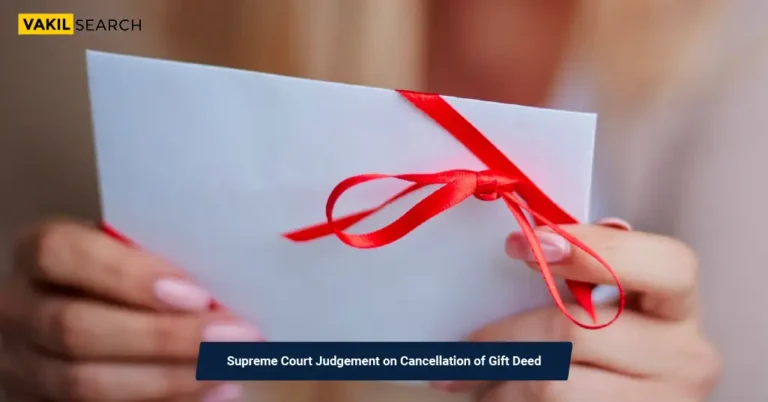Injunction is provided against a wrongful act, it is a legal procedure followed by the court. It consists of five types and is regulated by the Specific Relief Act. Further, the quantum of punishment is mainly decided by considering the type of default.
The injunction is a remedy provided by the court against a wrongful action or a wrongful threat that has already begun against the plaintiff and is in continuity by the defaulter. Civil or criminal penalties are charged by the court in case of failure in complying with such injunction by the parties. The party has to face contempt of court in case of such failure.
Further, it is known that granting such injunction is regulated by the Specific Relief act. Even whether they are only momentary or interlocutory, Injunctions, which can be issued at any point during a lawsuit and are simply meant to maintain the status quo until a decision is made, are considered to be of the nature of the process and as such are governed by the Code.
The preservation of social order and tranquility is one goal of law enforcement. Property conflicts should be resolved civilly through the legal system rather than by members of society enforcing the law themselves. It is a well-known fact that whereas a Civil Court judgment binds the Criminal Court, a Criminal Court decision does not do so.
When is the Injunction Invoked?
Under the Indian legal system, the system does not facilitate any application form for the injunction. But there is an exception unless and until the presence of irreparable injury is proven. The term irreparable injury refers to the circumstances under which it has been proved that the harm inflicted on the party or we can say the applicant of the form could not be amended in any other form apart from the injunction.
Governing Law
The implementation of injunction is performed under the guidance of the Civil Procedure Code and the concept of such injunction is explicitly covered under various Relief Acts. If talking in a precise way the sections of the code included in the injunction procedure mainly includes the law pertaining to section 94 and section 151 of the Civil Procedure Code.
Requisites of an Application for Injunction
The application could be furnished in case of availability of the below-mentioned necessities:
- Prima facie, the petitioner has a compelling case that may be successful.
- The petitioner is the winner in the convenience vs. inconvenience equation.
- If a temporary or permanent injunction were not granted, the petitioner would sustain irreparable harm.
Types
There are five different types as per the Indian legal system- preliminary, mandatory, preventive, temporary restraining order injunction, and lastly permanent injunction.
Preliminary Injunction
It is a relief assigned to the plaintiff (the applicant) before the trial of the preceding. It is also called an ad interim injunction. Ad-interim injunctions keep the object in its current state to protect the plaintiff’s rights from being lost and give them the chance for quick relief.
Preventive Injunctions
It is a judgment that requires a party to refrain from taking a prohibitive, preventative, or harmful action. The goal is to stop potential harm, maintain the status quo, and stop an ongoing wrong from being committed further.
Mandatory Injunction
It is the strictest of all injunctions, orders the defendant to carry out a certain action. An example of a required injunction is when a court mandates the demolition of a building or structure as a result of improper construction.
Temporary Restraining Order
A temporary restraining order does precisely what its company name suggests; it remains in force until its allotted time has passed. The court enables it to keep the situation as it is up until a request for a temporary injunction is heard. Additionally, it seeks to prevent any occurrence of preventable and irreparable harm by doing so.
Permanent Injunction
It is provided at the time of final judgment making of issues, from such permanent injunction a final relief from the wrongful act or continuance of such action is given to the applicant. If the conditions produced tend to be permanent, these injunctions also remain constant in such cases.
Contempt of Court
The provision of contempt with court implies with the respective party’s actions and performance, if they failed to perform the injunction, the defendant would be punishable for such contempt. Such circumstances would lead the defaulter to file or remit the penalties, charges, or even imprisonment. Further, the duration or quantum of the imprisonment or any other such punishment would be decided as per the type of default performed by the defaulter.
Prohibitory Injunction
It tends to prohibit the wrongful act performed by the defaulter against the plaintiff. These wrongful acts could be the disclosure of confidential information, personal information, breach of contract, misrepresentation, etc. Therefore such prohibitory injunction protects the rights of the plaintiff and is granted by the court of justice.
Mandatory Injunction
It stops the continuance of a wrongful act by the defendant which was already incurred during the time when such injunction was filed or issued. The purpose of the issue of such injunction is to restore the action from a wrongful state to a rightful state.
For instance, the mandatory injunction is issued in case the defendant has acquired property illegally; the possession of such property is to be given to the right owner of such property as per the injunction. Furthermore while issuing the mandatory injunction the court always considers that the whether the plaintiff is compensated adequately or not, or whether the grant of such injunction is providing justice to the plaintiff or not.
Interlocutory or Interim Injunction
Interim or interlocutory injunctions are the types of temporary injunctions which are in operation when the case is filed but are in pending line before the court.
Simply it could be said that such injunctions are given to provide the plaintiff relief until the case filed is heard in the court. Hence such interim or interlocutory injunctions are provided to prevent certain actions of the party till the final judgment of the case.
Furthermore, there are some considerations taken into account by the court while issuing the interim or interlocutory injunctions that whether a prima facie case has been shown by the petitioner or not, and whether the balance of convenience is in the petitioner’s favour or not. Additionally, the petitioner would suffer irreparable harm if considered by the court.
Click here to get: Litigation lawyer services
Conclusion
Conjunction is issued in various forms, considering various factors. The temporary conjunction is provided before the preceding and the permanent one is provided to compensate the plaintiff as a whole and discontinue the wrongful actions. Vakilsearch also offers you the knowledge and assistance you require regarding the injunction, its types, and governance rule, and contempt to court punishments. Additionally, it is also known that the injunctions are performed as per the guide or sections of the Civil Procedure Code under the Indian legal system.
Also Read,









